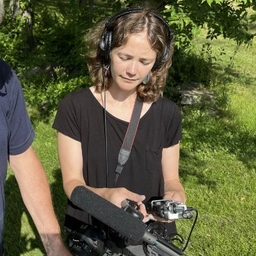
Abagael Giles
Climate and Environment Reporter at Vermont PBS
climate +enviro reporter @vprnet | formerly @VTskiandride, @Vermont_Sports & @addyindy + The Sheet: News, Views & Culture of the Eastern Sierra | she/her
Articles
-
5 days ago |
vermontpublic.org | Zoe McDonald |Abagael Giles |Mary Engisch
High temperatures and humidity are enveloping the entire state, with areas of the Champlain Valley under an Extreme Heat Warning from 11 a.m. Monday until 8 p.m. on Tuesday. “Heat indexes are going to be anywhere between, say, 95 and 105, with probably some locally higher amounts in some of the valleys,” said Eric Myskowski, a meteorologist at the Burlington National Weather Service office.
-
5 days ago |
vermontpublic.org | Abagael Giles
Over the last decade or so, scientists on Lake Champlain have noticed a concerning trend: Tiny pieces of plastic are everywhere. Plastic has shown up in nets used for catching zooplankton, the tiny organisms that make up the foundation of the lake’s food web. Plastic fibers have even been found in the guts of the zooplankton themselves — and even more concerningly, in at least 15 species of fish that eat them and that humans consume.
-
1 week ago |
vermontpublic.org | Abagael Giles
After several years of debate and review, the U.S. Forest Service has issued a plan for managing 72,000 acres of public and private land in the Green Mountains, near Rutland. The agency is proposing to open roughly 11,000 acres to timber harvests, a move that’s proven controversial and sparked disagreement among environmentalists in the state. At the heart of the disagreement is how the project defines and treats old forests, and how much land it proposes for logging.
-
2 weeks ago |
vermontpublic.org | Abagael Giles
Vermont is joining 11 other states in suing the Trump administration for revoking California’s long-standing ability to regulate air pollution from cars and trucks more stringently than the federal government, and to require the sale of more electric vehicles within its borders. At stake is Vermont and other states’ ability to phase out the sale of new gasoline and diesel powered cars, in favor of electric alternatives.
-
2 weeks ago |
vermontpublic.org | Abagael Giles |Liam Elder-Connors |Adiah Gholston
With The Frequency, get up to speed on what's happening in Vermont in under 15 minutes. Available every weekday morning by 6 a.m.Loading... The Frequency: Daily Vermont News Local NewsThe Frequency
Journalists covering the same region
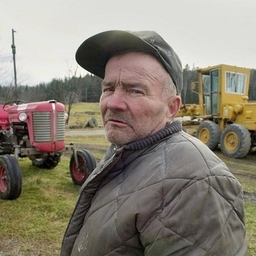
Glenn Russell
Photojournalist at VTDigger
Glenn Russell primarily covers news in the Green Mountains region of Vermont, United States, including areas around Stowe and Waterbury.
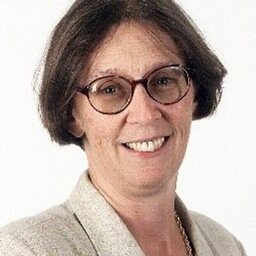
Candace Page
Editor at Seven Days
Candace Page primarily covers news in the Champlain Valley region of Vermont, United States, including areas around Burlington and Stowe.
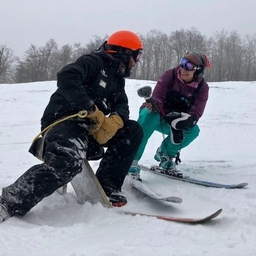
Nina Keck
Senior Reporter at Vermont Public Radio
Senior Reporter at Vermont PBS
Nina Keck primarily covers news in the northern Vermont region, including areas around Stowe and Morrisville, Vermont, United States.
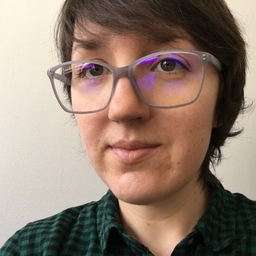
Maggie Cassidy
Managing Editor at VTDigger
Editor at Valley News
Editor at Valley News
Maggie Cassidy primarily covers news in the Champlain Valley region of Vermont, United States, including areas around Burlington and surrounding towns.
Diane Derby
Senior Editor at VTDigger
Diane Derby primarily covers news in the Champlain Valley region of Vermont, United States, including areas around Lake Champlain.
Try JournoFinder For Free
Search and contact over 1M+ journalist profiles, browse 100M+ articles, and unlock powerful PR tools.
Start Your 7-Day Free Trial →Coverage map
X (formerly Twitter)
- Followers
- 595
- Tweets
- 819
- DMs Open
- No

Hi! Are you a scientist in Vermont studying something cool related to climate or the environment here? We're talking bugs + moss + plants + animals + fungi + flooding + weather + solutions + all the things! I would love to chat :)

RT @GundInstitute: A year later, Vermonters again shovel mud from their homes and take stock of flood damage. Why did this happen? @Abaga…

RT @PaulaMoura_san: So honored to be part of this conversation about climate solutions reporting with @ckprincell @neelaeast @AbagaelGiles…

